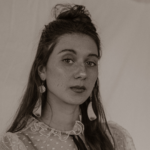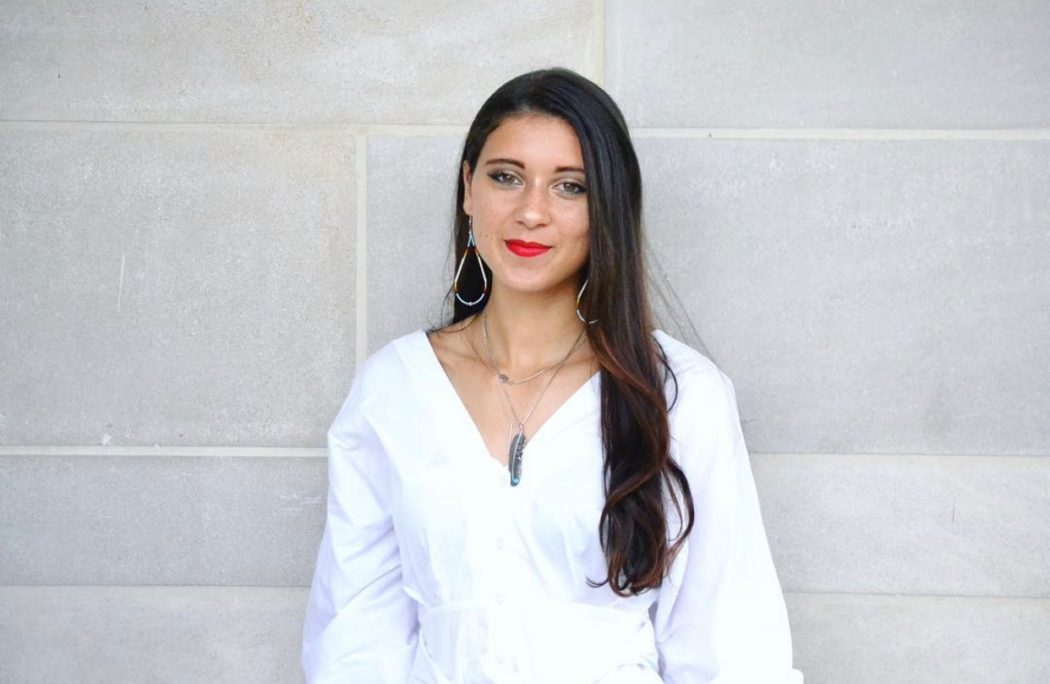 In February of 2022, I decided to file to run for NC House District 47. During an endorsement interview, I was asked why I decided to run for office and I responded, “Well, it was rather impulsive.” The panel laughed, but I was so serious. I had no idea what I was doing. I initially had comfort in knowing that there was not going to be a Democratic primary, but the political weather forecast was very wrong about that. I went from “I have until November to figure it out,” to “oh cuss, I have two months to run a campaign!” Despite the uncertainty, I did it. Although I did not win, here is what I learned about politics.
In February of 2022, I decided to file to run for NC House District 47. During an endorsement interview, I was asked why I decided to run for office and I responded, “Well, it was rather impulsive.” The panel laughed, but I was so serious. I had no idea what I was doing. I initially had comfort in knowing that there was not going to be a Democratic primary, but the political weather forecast was very wrong about that. I went from “I have until November to figure it out,” to “oh cuss, I have two months to run a campaign!” Despite the uncertainty, I did it. Although I did not win, here is what I learned about politics.
It’s much better to interact with people face to face.
People are much less likely to call you an “Antifa son of a cuss” in person. Online trolls are real and they love visiting campaign pages and wreaking havoc. Ironically, I did not run my social media during my campaign. I consulted with a marketing specialist about the platform content, and it’s normal for public figures to have another person run their professional account. When I met people in person, I did not share my party affiliation in order to have a real conversation, absent polarized political views. The conversations were more meaningful and solution oriented that way.
Some people take their party affiliations VERY seriously.
Do not waste your time trying to change someone’s political party. As a politician, we should respect that people have different lived experiences, and free will to choose what ideals they identify with. If elected, the reality is that you have to work with the other side to get things done (or not done). Although I do not believe politics should not be treated like sports teams, I do not pass judgment on what people choose to subscribe to. The only exception is political extremism, which often incites hate, violence, and false narratives. The two-party system cannot possibly hold the spectrum of political identities in this country. However, I learned that if you’re running for office, then it’s best to pick one and take the resources.
There is too much money in politics.
The most stressful part of the campaign was raising money. Endorsements from Political Action Committees (PACs) help tremendously. There are trainings dedicated to fundraising strategies, because campaigns are costly. I was blessed to have volunteers help me with my campaign operations, so I did not have to pay staff. Your party can help you financially, but only if you win your primary. Until then, you have to pay a steep fee to get access to the Voter Action Network (VAN) to begin forming call lists to convince people to support your campaign with their vote, and by opening their wallet. It feels sleazy at first, but it is no different from soliciting funds for a cause that you care about.
With that being said, large corporations have millions of dollars at their disposal to pay lobbyists to convince elected officials to create legislation in their best interest, sometimes at the expense of marginalized communities. Large corporations cannot make donations, but they can form PACs to give large sums of money to candidates that they endorse. I was endorsed by Lillian’s List and Emily’s List, a state and national pro-choice women candidate organization, and pledged not to take money from the fossil fuel industry, who often have the most PAC money to throw at your future elected officials.
Politics are superficial and transactional. Be authentic anyway.
I had to monitor my image, being a young Afro-Indigneous woman. I couldn’t come off as “too Native,” because it is considered a small demographic with few votes. My image had to appeal to everyone, and everyone means large demographics who vote. I had to overmonitor my wardrobe to be professional and not revealing, and to be camera ready at all times. I like to dress up, but I got tired of being worried about what people thought of my appearance. It felt as if my looks were all that people cared about, and not what I had to offer as a candidate. My intellect meant nothing if I did not look the part. Image does matter, and I believe in putting forth positive representation for Black and Indigenous women and young girls, but operating in spaces that thrive on external validation is exhausting. As soon as you come into power or get close to it, people start to treat you differently. It’s like you are no longer human.
Be Confident. You are qualified.
When I started my journey, I did not think that I had enough experience. I soon realized that I knew more than I thought. Politics does not have enough “regular” people running for office. Everyone deserves representation. The legislature passes laws on a variety of topics, and anyone’s personal experience could serve as the foundation of a bill for positive change. Give yourself a chance first, and you’ll be surprised how many people believe that you deserve a chance too. If you know how to listen, then you already know how to do more than a lot of people in power.
I took a risk, and although I didn’t win, I felt rewarded. I got to know so many amazing people in North Carolina. I would do it again, and one day I will. I want other people like me to go for it too- the big chair.
 Aminah is an integrative researcher, activist for Indigenous and Black issues, and advocate fighting violence against women and children. Aminah grew up in Pembroke, North Carolina and is a member of the Lumbee Tribe. Beyond being a Division I track and field athlete in college, Aminah has also channeled her energies into her education having studied Biology at East Carolina University and completing a Masters in Physiology and Biophysics with a concentration in Integrative Medicine from Georgetown University. Her research with Breaths Together for a Change centers blending wisdom traditions, Indigenous epistemology, with Western epistemology to test how mindfulness can reduce racial bias and heal historical trauma. She has served as a Domestic Violence and Sexual Assault victim advocate, a board member for the Missing and Murdered Indigenous Women NC Coalition, and created Good Medicine Woman LLC to address gaps in knowledge about Indigenous culture. She ran for NC House District 47 in 2022, and is an ECU 40 under 40 Leadership Award recipient.
Aminah is an integrative researcher, activist for Indigenous and Black issues, and advocate fighting violence against women and children. Aminah grew up in Pembroke, North Carolina and is a member of the Lumbee Tribe. Beyond being a Division I track and field athlete in college, Aminah has also channeled her energies into her education having studied Biology at East Carolina University and completing a Masters in Physiology and Biophysics with a concentration in Integrative Medicine from Georgetown University. Her research with Breaths Together for a Change centers blending wisdom traditions, Indigenous epistemology, with Western epistemology to test how mindfulness can reduce racial bias and heal historical trauma. She has served as a Domestic Violence and Sexual Assault victim advocate, a board member for the Missing and Murdered Indigenous Women NC Coalition, and created Good Medicine Woman LLC to address gaps in knowledge about Indigenous culture. She ran for NC House District 47 in 2022, and is an ECU 40 under 40 Leadership Award recipient.

There are no comments
Add yours